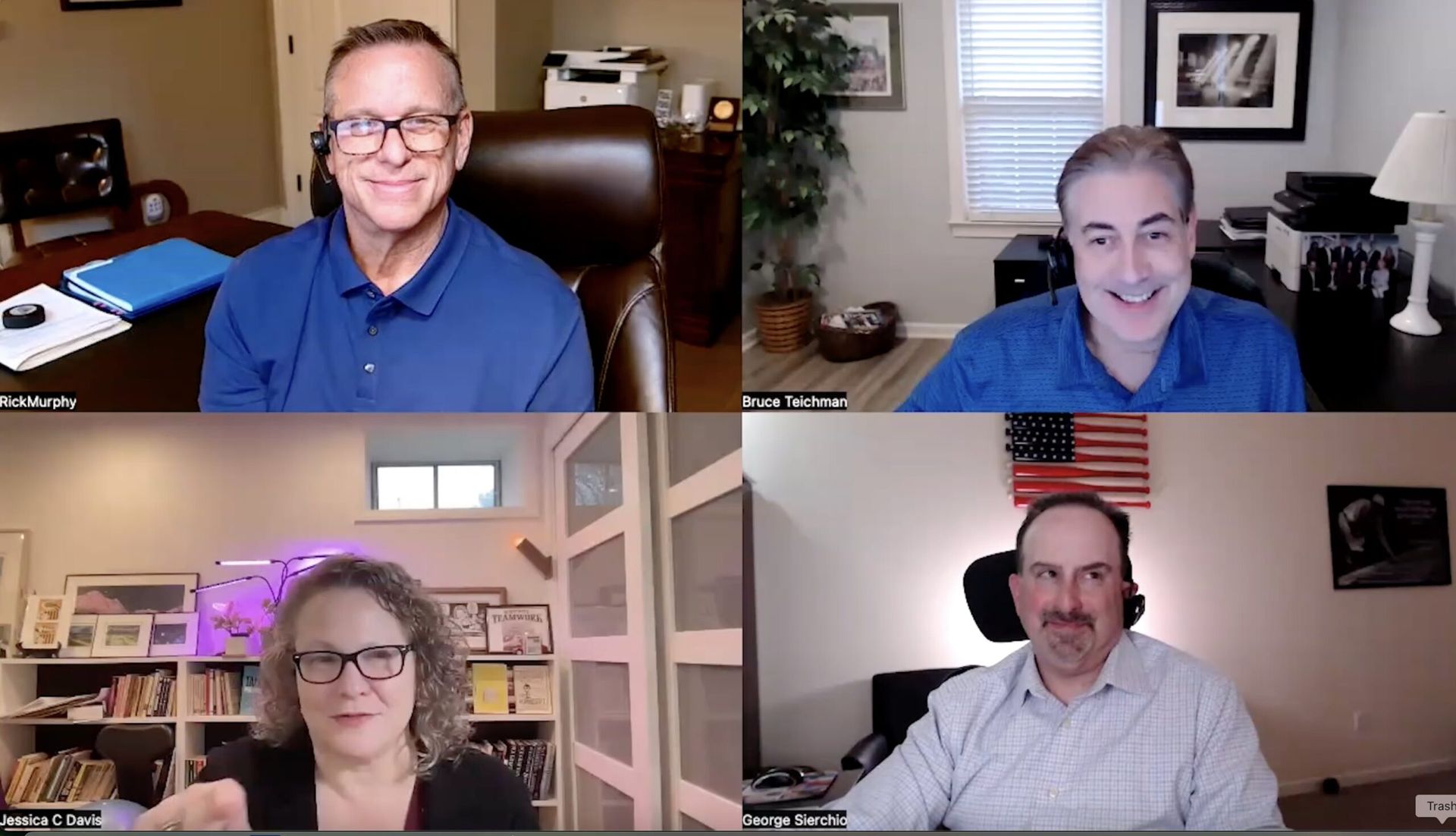After multiple acquisitions, New Jersey-based MSP Integris has the M&A process down to a science. And what they've found, according to Rashaad Bajwa, CEO of Integris, is that some basic best practices should be present for a successful M&A.
Those include identifying acquisition targets that have a similar ideal customer profile, business size and vertical market focus as that of the acquiring business, Bajwa said. It's actually a very strategic, well-thought-out process, not a decision that's lightly made.
"This isn't just about shoving together revenue and clients and people. It's about having a very, very strategic process around the puzzle pieces that make up a premium MSP," Bajwa told ChannelE2E. "We think what's most important is making sure that there is an organized, defined strategy and vision that is common and similar to all of the MSPs that we're bringing together. So, for example, with us, the ideal customer profile, the target customer profile, those have to overlap. And we're going after SMBs. So, we want to make sure that any companies that join us, the more they look like that, the easier integration will be going forward."
There's not a lot that's unique about that approach, Bajwa said, but Integris has a 'secret sauce' that acts as a differentiator, he said. It starts with recognizing that MSPs, at their core, are people businesses.
"This is pretty straightforward. I don't think there's anything super unique about that approach," Bajwa said. "Even other things are table stakes, like having similar systems, similar processes, similar tools, similar products. But we're people businesses. People are our product, so understanding the way that people are motivated, understanding the way that people see each other and work with each other, is super important to get the cultures aligned when you bring these organizations together," he said.
Beyond all that, what truly makes a unique differentiator is something a little less 'science' and more 'art,' said Bajwa. The 'secret sauce' is something that's hard to define, but you know it when you see it: Trust.
"The unique distinction that I'd advise any other MSP looking to make an acquisition to pay attention to is trust," he said. "It's a very, very broad term, but I'll try to explain -- MSPs are very much in the business of selling trust, and that includes the trust that staff and people have in the organization and the trust that the founders or owners have with their people. That is directly correlated with the success or failure of the M&A," Bajwa said. If that trust is there, and the founder or owner can look their people in the face and say, 'We are joining Integris for the right reasons,' then that contributes greatly to the success of the M&A, he said.
"If the assumption is that the founders or owners are only thinking about their own wallet or only about their own personal gain -- if their priority is something other than what's in the best interest of the company, the people and their clients, that's when it can become a house of cards," Bajwa said. Absent that trust, an M&A becomes unhealthy and incredibly risky, he said.
Hardin Byars, president and CEO of Innovas Consulting and a leadership and business coach who worked with Bajwa, told him that the relationship between a business's founder or owner and their people and staff was the number-one indicator of how successful that future integration is going to be, Bajwa said. It almost doesn't matter whether the owner/founder wants to exit the business entirely after an M&A or stay with the business in some capacity post-M&A, that trust remains incredibly important and can influence the future success of the organization, even if the founder/owner leaves.
"If they can look their people in the face and say, 'These are the reasons we are joining Integris -- not just because they were able to write the biggest check, but because of X, Y, Z reasons and these values that they have. I trust them, and you should, too -- you're going to be in good hands and you'll be taken care of.' If they can do that confidently and transparently and authentically, then that is the difference between success and failure in our eyes," Bajwa said.
How can you accurately identify that trust factor and gauge it beforehand? Bajwa said there are obvious indicators that can be helpful before initiating M&A activity. That includes looking on publicly available sources and social media to determine the business's reputation. That can tell you a lot, he said.
"The number-one indicator of the existence of that trust factor is the reputation of the MSP and the leadership team," he said. "Are they on 'Best Places to Work' lists? What do their Glassdoor reviews look like? What are their customer reviews saying? You can start there. But also, if we've already started talks with them, if they're starting out the conversation asking, 'What's going to happen to my people? What happens to my customers?' before anything else, that's a sign that they're probably the right fit for us. Even before they ask about dollars and cents and their valuation," he said.
It can also help to look at the company's benefits programs, their compensation and perks, too, Bajwa said. That gives a sense of where their priorities lie, which, in turn, reflects their culture and values.
"If their benefits are below market, if their compensation is below market, if they don't talk about their culture, if they don't talk about their [employee satisfaction] ESAT -- those are, those are all indicators that those things aren't a priority for them, and if it has not been a priority for them in the past, well, there will be consequences and churn," he said.
Factors like geographic location, technology stack, vertical market focus, revenue and the like are all important, but Bajwa reiterates that it is culture and reputation that are deal-breakers in an M&A consideration.
"Anytime there's cultural risk in an organization, there's always going to be risk for people and client churn. And if there's risk for people in client churn, it limits how aggressive you can be in those deals, because you have to assume some of that business is going to go away," he said. "Geography isn't that much of a limitation. Technology stack -- we've done so many deals with all different technology stacks. So, all of those things matching up make things easier, but they're not deal-breakers. Deal-breakers are trust and reputation. If those two things aren't there, it doesn't matter how 'pretty' everything else is, it's just too risky," he said.





